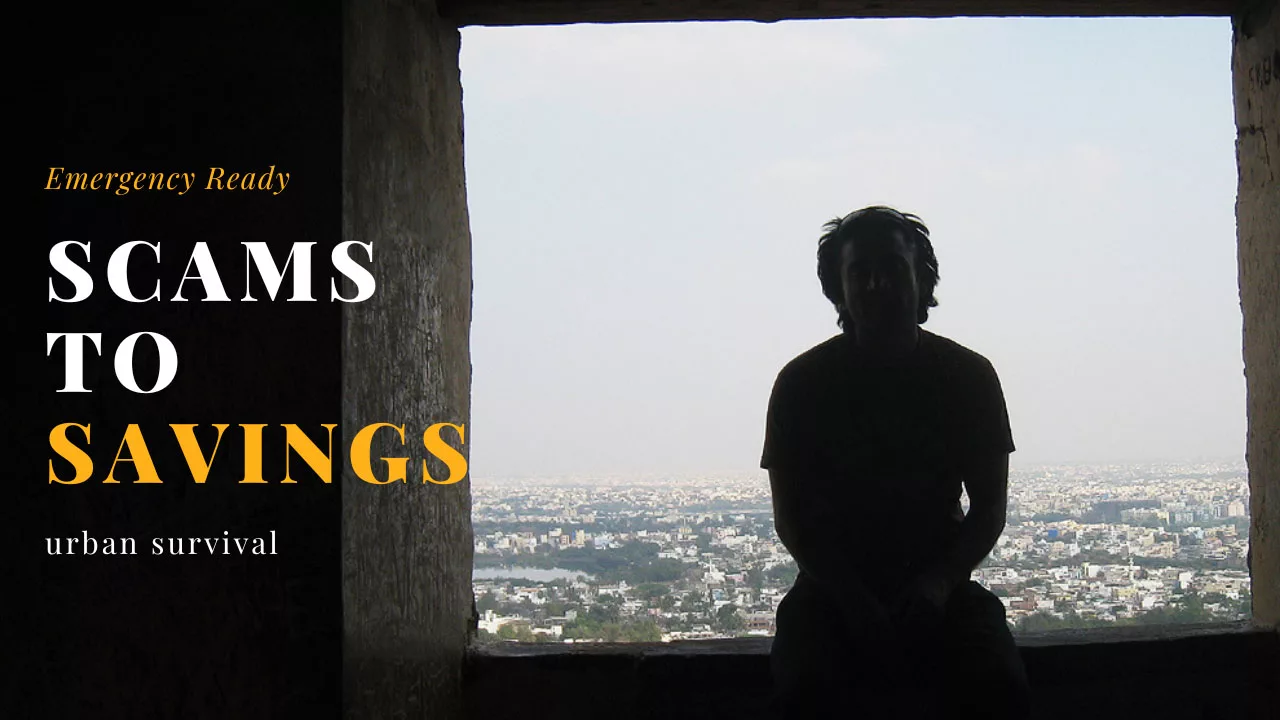Waste Wise, Health Wise: Essential Skills for Urban Living in India
Knowledge Base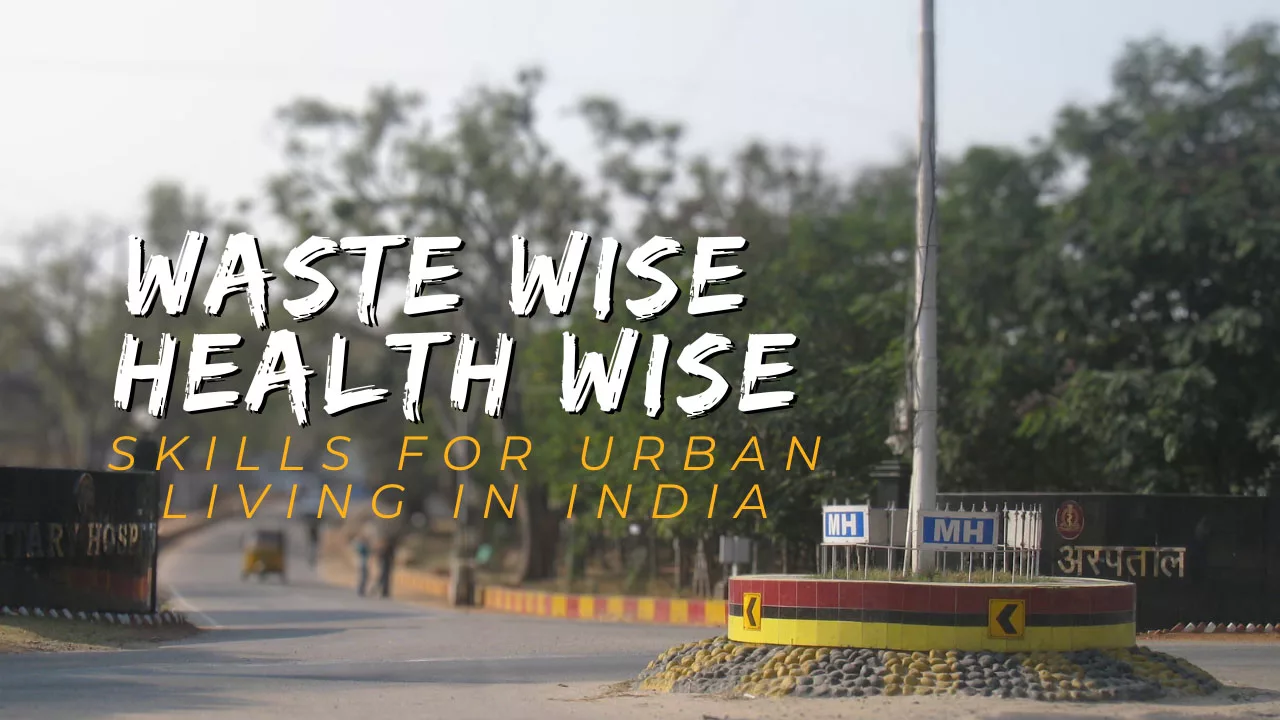
Module 7: Urban Health and Sanitation
In this Module, we will focus on urban health and sanitation, which are crucial aspects of urban survival in Indian cities. We will explore strategies to stay healthy in polluted environments, address common urban health issues, and emphasize the importance of proper waste disposal practices. We will also discuss specific incidents that have occurred in India as reference examples to highlight the significance of these topics.

Urban Survival: Staying Healthy in Polluted Environments
Understanding Urban Pollution:
- Types of pollution prevalent in Indian cities (air, water, noise, etc.)
- Health risks associated with pollution exposure
- Impact on respiratory health, cardiovascular health, and overall well-being
Protecting Yourself from Urban Pollution: Skills for Urban Living in India
- Using pollution masks and respirators effectively
- Choosing appropriate indoor air purifiers
- Identifying and avoiding pollution hotspots
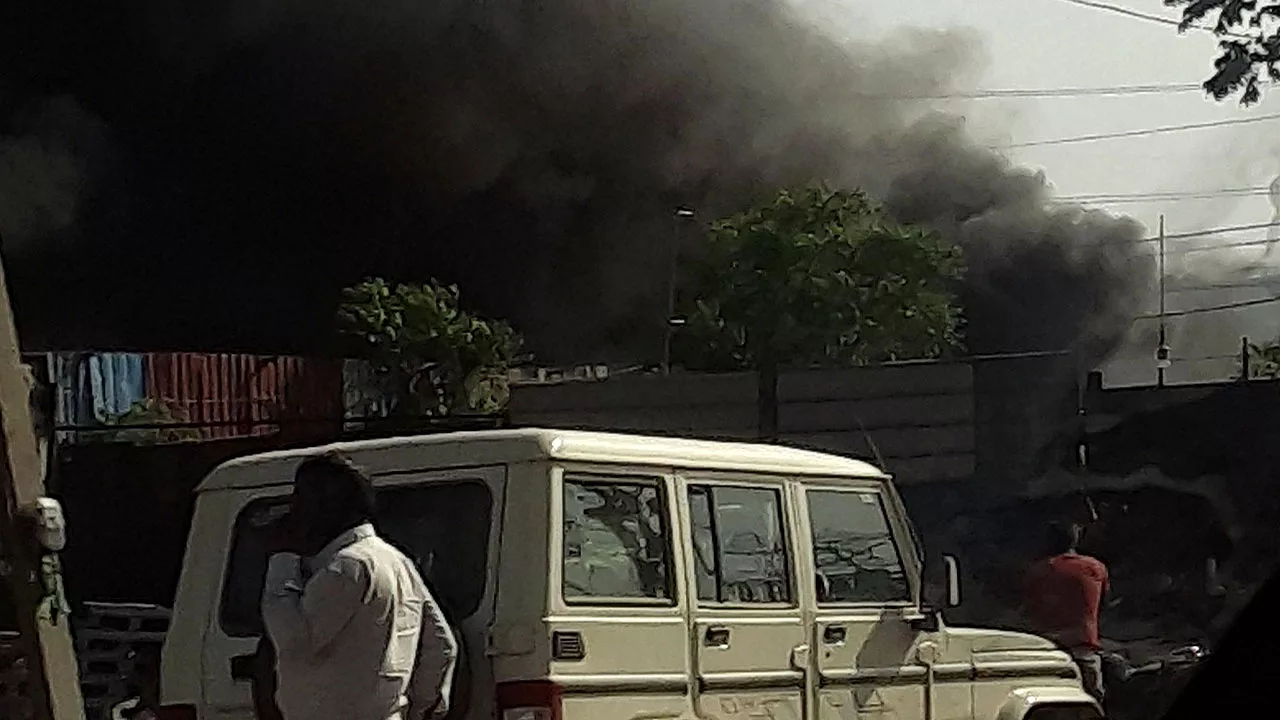
Incorporating healthy habits:
- Balancing indoor and outdoor activities
- Importance of exercise, nutrition, and hydration
- Strengthening the immune system to combat pollution-related health issues
Reference Example: The severe air pollution crisis in Delhi in 2019, commonly referred to as the “Delhi Smog,” highlighted the urgency of staying healthy in polluted environments. The incident led to increased cases of respiratory illnesses, eye irritation, and other health problems, emphasizing the need for proactive measures to safeguard health.
Urban Survival: Dealing with Common Urban Health Issues
Recognizing common urban health challenges:
- Stress and mental health issues in urban settings
- Communicable diseases and their prevention
- Lifestyle diseases and their prevalence
Strategies for managing urban health issues: Skills for Urban Living in India
- Accessing healthcare facilities and services
- Practicing good personal hygiene
- Preventive measures for common diseases (e.g., vaccinations, mosquito control)
Promoting mental well-being in urban environments:
- Coping with urban stressors
- Seeking support through counseling or community programs
- Incorporating mindfulness and relaxation techniques
Reference Example: The outbreak of dengue fever in various Indian cities during the monsoon season highlighted the importance of addressing common urban health issues. The incident emphasized the need for effective mosquito control measures, increased awareness of preventive measures, and prompt medical attention for early detection and treatment.
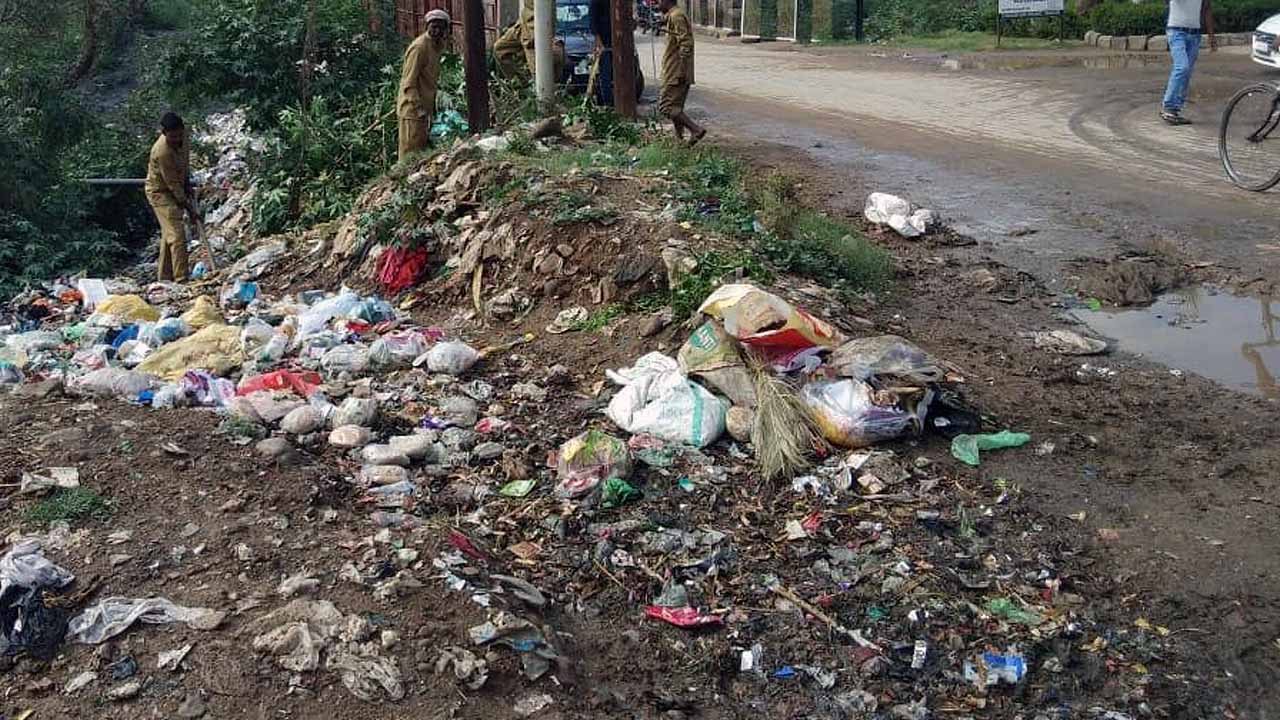
Urban Survival: Proper Waste Disposal Practices
Understanding the impact of improper waste disposal:
- Health hazards associated with unhygienic waste management
- Pollution of water bodies and soil due to improper disposal
- Role of Waste in the Spread of Diseases
Implementing proper waste disposal methods: Skills for Urban Living in India
- Segregating waste at the source (biodegradable, recyclable, and non-recyclable)
- Utilizing local waste management systems effectively
- Composting organic waste for sustainable disposal
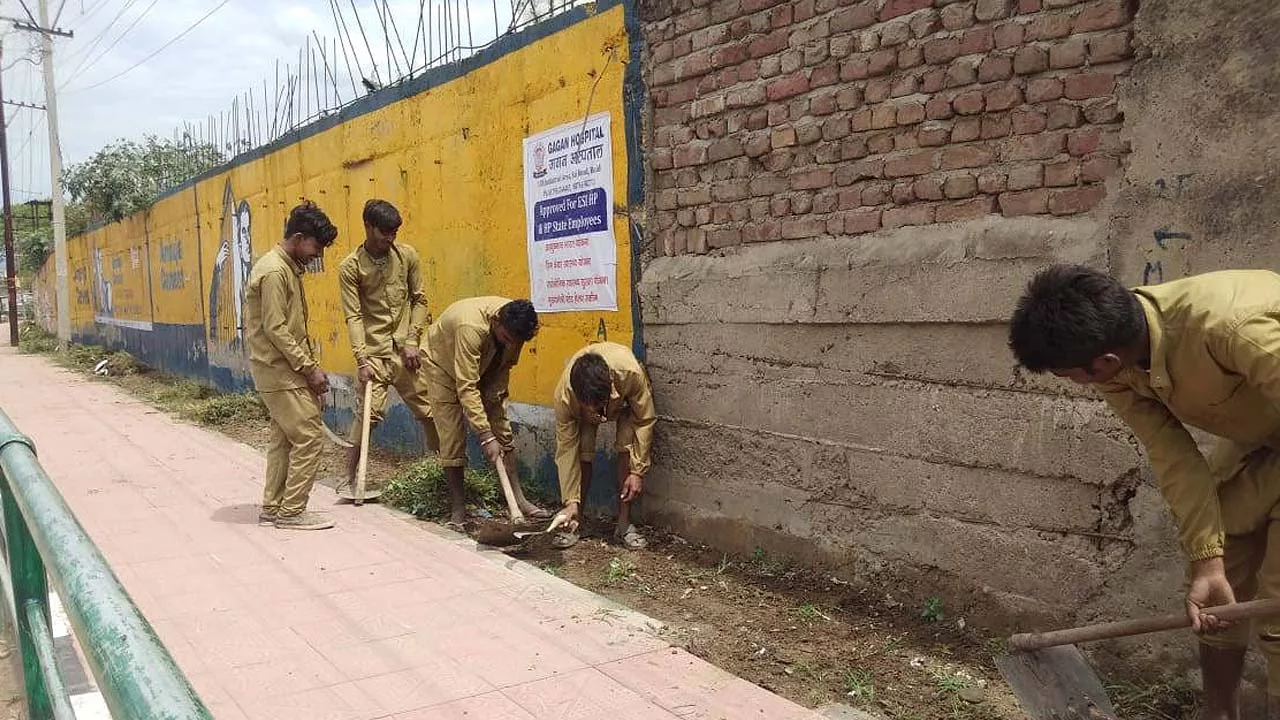
Encouraging community participation:
- Organizing awareness campaigns on waste management
- Engaging in clean-up drives and community initiatives
- Collaborating with local authorities to improve waste management infrastructure
The waste management crisis in Bengaluru in 2015, which led to the city being called “Garbage City,” demonstrated the disastrous implications of irresponsible garbage disposal. The tragedy highlighted the significance of good trash management practices, community engagement, and resilient waste management systems.
Please keep in mind that the examples supplied are intended to be illustrative and should be complemented with recent and local situations that participants may be familiar with in their particular cities.
Remember, you can dramatically enhance your well-being and contribute to a healthier urban environment by adopting healthy behaviors, addressing common urban health challenges, and practicing correct trash disposal.
References:
- “Air Pollution in Delhi: Causes, Effects, and Solutions” – Delhi Pollution Control Committee
- “Urban Health Challenges and the Way Forward” – World Health Organization
- “Managing Waste in Indian Cities” – Central Pollution Control Board
Continue to Module 8: Financial Security and Resource Management
